Lisianthus (Eustoma exaltatum subsp. russellianum 'ABC 2 Blue Rim
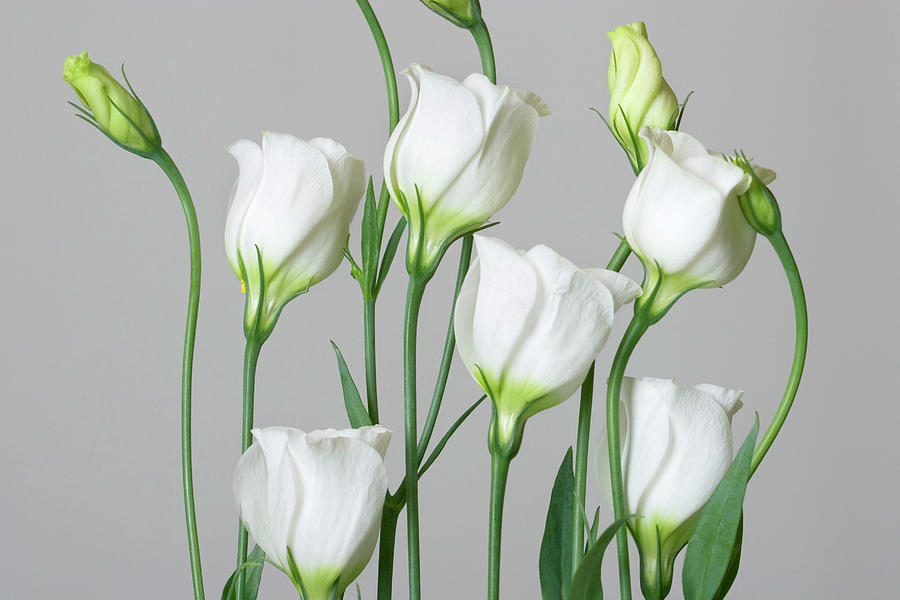
Lisianthus (eustoma Russellianum) Photograph by Emmeline Watkins
Discover the beauty of Eustoma russellianum! Browse our extensive plant database for care tips, stunning varieties, and how to grow your own prairie gentian.
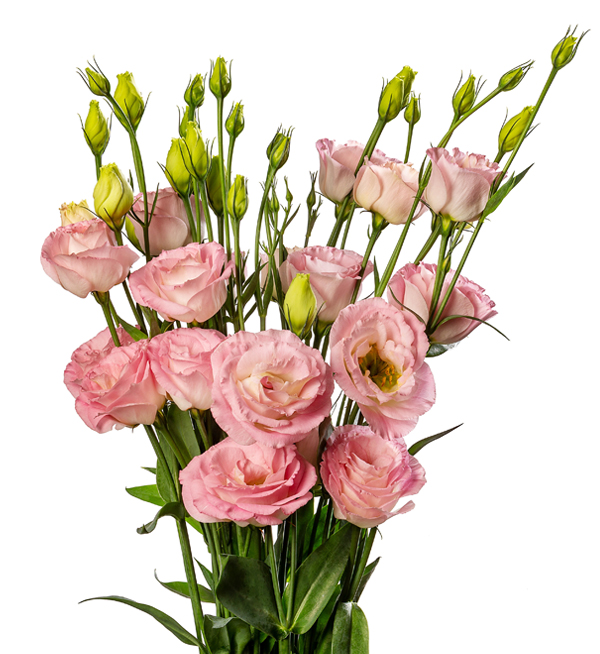
Eustoma russellianum F1 Eustoma russellianum F1 LisAdora® Light Pink
How to propagate Lisianthus Seed. Tiny seeds that must be sown on the surface, not buried in autumn or late winter. Cuttings. Root 10-15cm softwood to semi-hardwood cuttings under misters and with bottom heat. Special features of Lisianthus Attractive flowers. Cultivars may be white, cream, pale lime, pink, lilac, purple and bicoloured.

Bund Lisianthus rosa Eustoma russellianum 'Corelli Light Pink
only 3 germ. Purchased from High Plains Environmental Center. Picked up on 9-14-2021 & planted out on 9-18-2021 in back rain garden. Blooming from side shoots in late Summer. Plant database entry for Texas Bluebell (Eustoma exaltatum subsp. russellianum) with 35 images, 2 comments, and 40 data details.

A nagyvirágú préritárnics, liziantusz (Eustoma russellianum) gondozása
The often-grown species Eustoma grandiflorum common name is usually refered to as Lisianthus, but has more localized names such as Bluebell Gentian or Texas Bluebell. NB. Although Eustoma russellianum is the generally accepted scientific name, gardener's still generally refer to this plant as Eustoma grandiflorum. Commonly Grown Eustoma Species
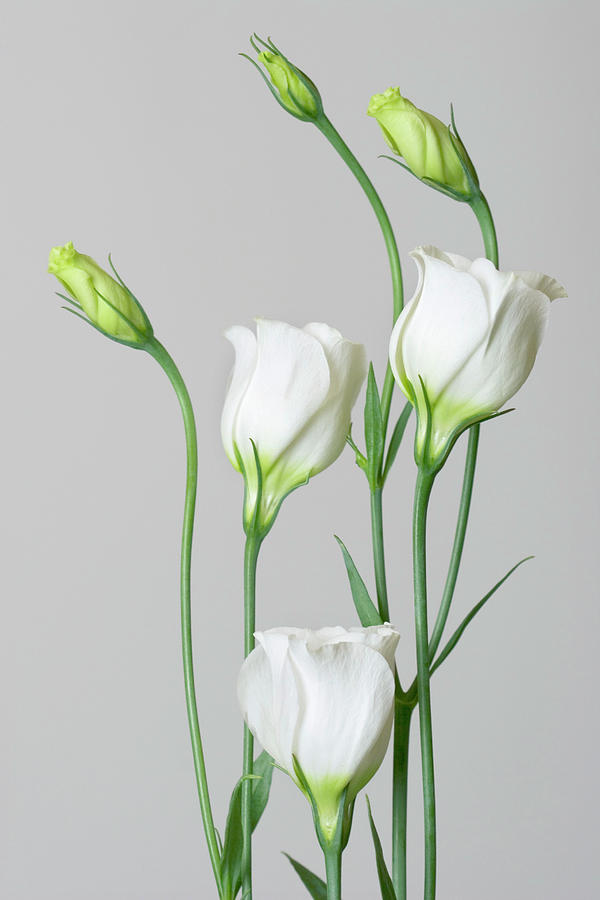
Lisianthus (eustoma Russellianum) Photograph by Emmeline Watkins
Eustoma russellianum, commonly known as Lisianthus or Prairie Gentian, graces many gardens and bouquets with its delicate petals and vibrant colors. Its popularity has surged in recent years, making it a must-have for many garden enthusiasts. Origins and Distribution. Native to the American prairies, Eustoma russellianum has captivated.

Photo of the bloom of Lisianthus (Eustoma exaltatum subsp. russellianum
Eustoma grandiflorum, commonly known as Lisianthus or Prairie Gentian, is a captivating flowering plant renowned for its stunning, rose-like blooms. Its elegant and delicate flowers make it a favorite in floral arrangements and gardens alike. Eustoma grandiflorum: An In-depth Look
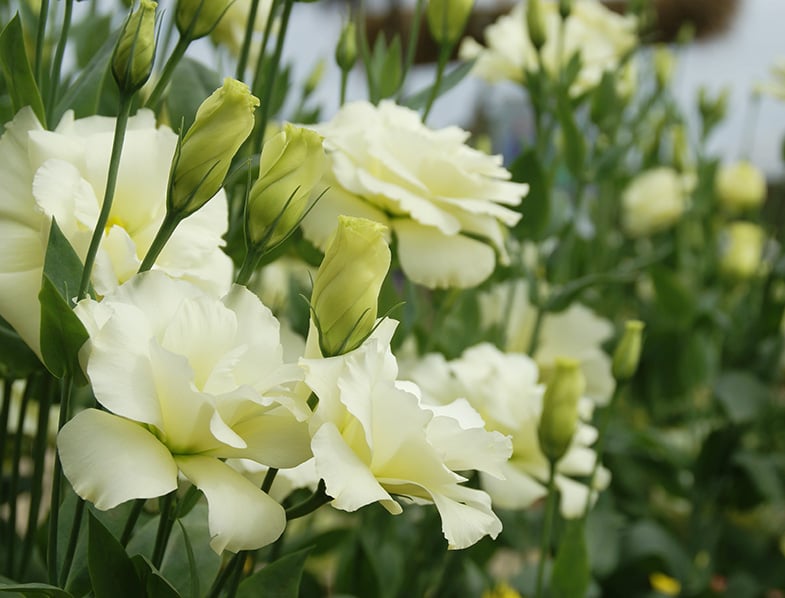
Lisianthus Flower Care How to Grow & Care for “Eustoma”
Temperature Ideal temperatures for growing Lisianthus and Eustoma russellianum are 65-75°F (18-24°C). Humidity Relative humidity should be kept as high as possible to ensure proper growth. Fertilizer Fertilize every two to four weeks with a balanced water-soluble fertilizer to promote strong growth and flower development. Meaning & Symbolism

Eustoma russellianum F1 Eustoma russellianum F1 LisAdora® White II
Eustoma russellianum is the species cultivated to be the cut flowers we know today. The original species of lisianthus was an American wildflower. The flower is native to the West Indies and the northern parts of South America. Interestingly, Japan initially cultivated this wildflower to be the gorgeous, superstar varietal we love today.
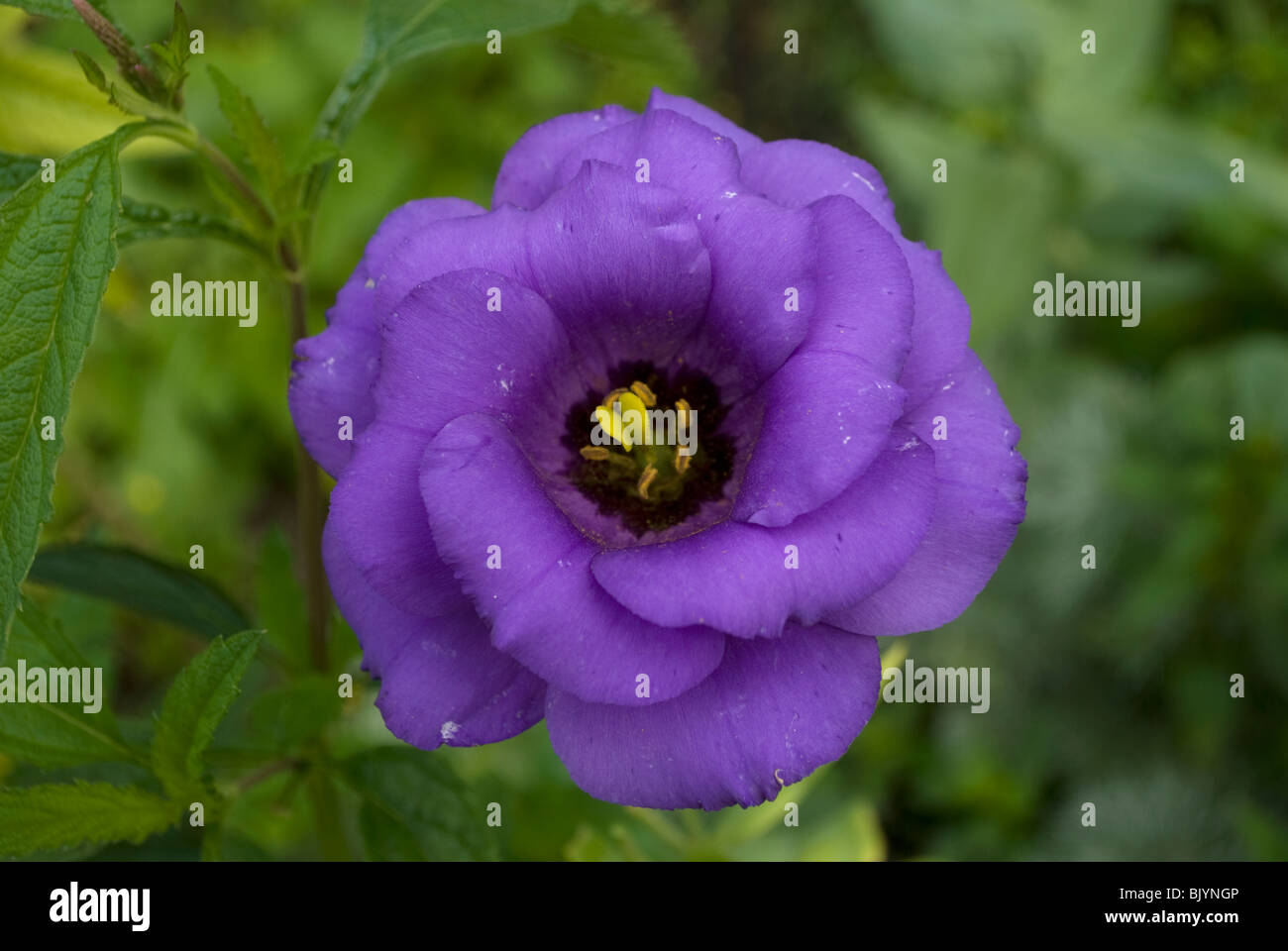
A Lisianthus (Eustoma russellianum) flower in full bloom from a
Our Solution The answer is obvious once you recognize the cause of the problem. Most frequently, it results from the Eustoma russellianum being overwatered. We strongly advise you to remove the damaged plant parts, cut off the diseased roots and leaves, and then repot your plant in a new container with sterile potting soil.
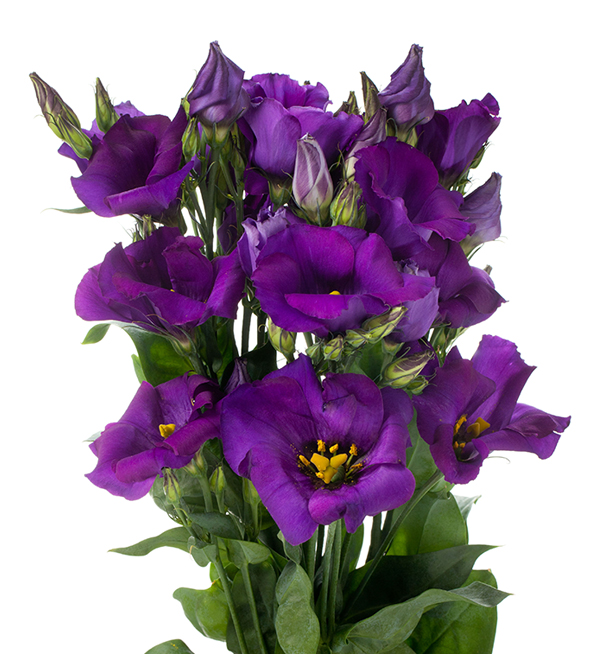
Eustoma russellianum F1 Eustoma russellianum F1 Asenka III Evanthia
Background Originally, Lisianthus was found growing wild in North America and Mexico. The plants natural habitat there is in prairies and riverbeds. The cultivated version with the botanical name of Eustoma russellianum has existed since the 1930s and is a direct descendant of the American 'prairie gentian'.

Bund Lisianthus Eustoma russellianum 'Alissa White' weiß Länge ca
Eustoma, commonly known as lisianthus or prairie gentian, [1] is a small genus of plants in the gentian family. They are native to warm regions of the southern United States, Mexico, Caribbean and northern South America. [2] This genus is typically found in grasslands and in areas of disturbed ground. Description

Eustoma russellianum F1 Eustoma russellianum F1 LisAdora® Pure White
Eustoma exaltatum subsp. russellianum. Upload Image Print Version. This is a beautiful flower, often sold as a cut flower. Usually called "lisianthus" in commerce, though that isn't correct.. Eustoma grandiflora grows native in east central Texas. Bluebell Creamery, in Brenham, adopted this flower's common name..

Eustoma russellianum F1 Eustoma russellianum F1 LisAdora® Misty Blue
Eustoma, commonly referred to as Lisianthus, Tulip Gentian, Texas Bluebells, Praire Gentian, or Lizzy, is a small genus that contains three species of flowering plants. Lisianthus is originated in the warm regions of northern South America, the southern United States, the Caribbean, and Mexico.
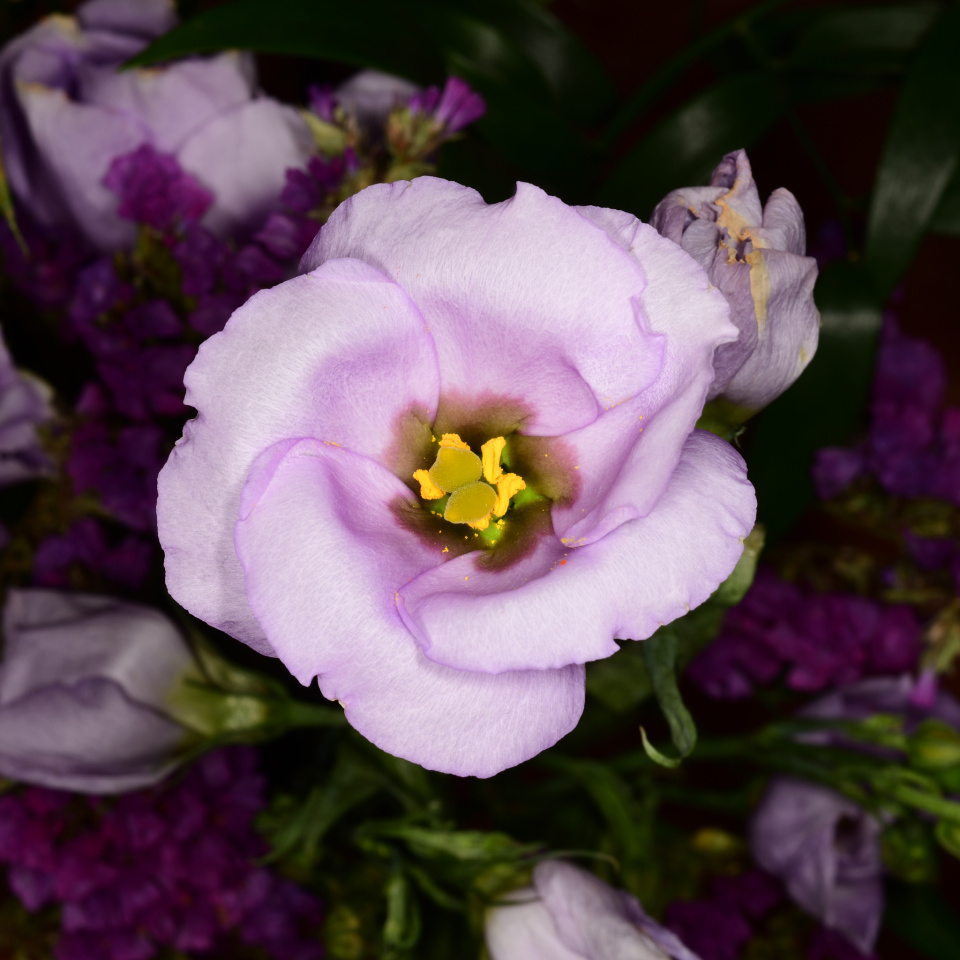
Eustoma russellianum H0tamer Blipfoto
Use grow lights only a couple of inches above the container to provide 16 hours of light per day until the seedlings emerge, and keep the temperature between 70°F and 75°F. After the seedlings emerge, remove the plastic—but not the grow lights—and maintain a temperature above 60°F. In Zones 8-10, plant seeds outdoors in late summer for.
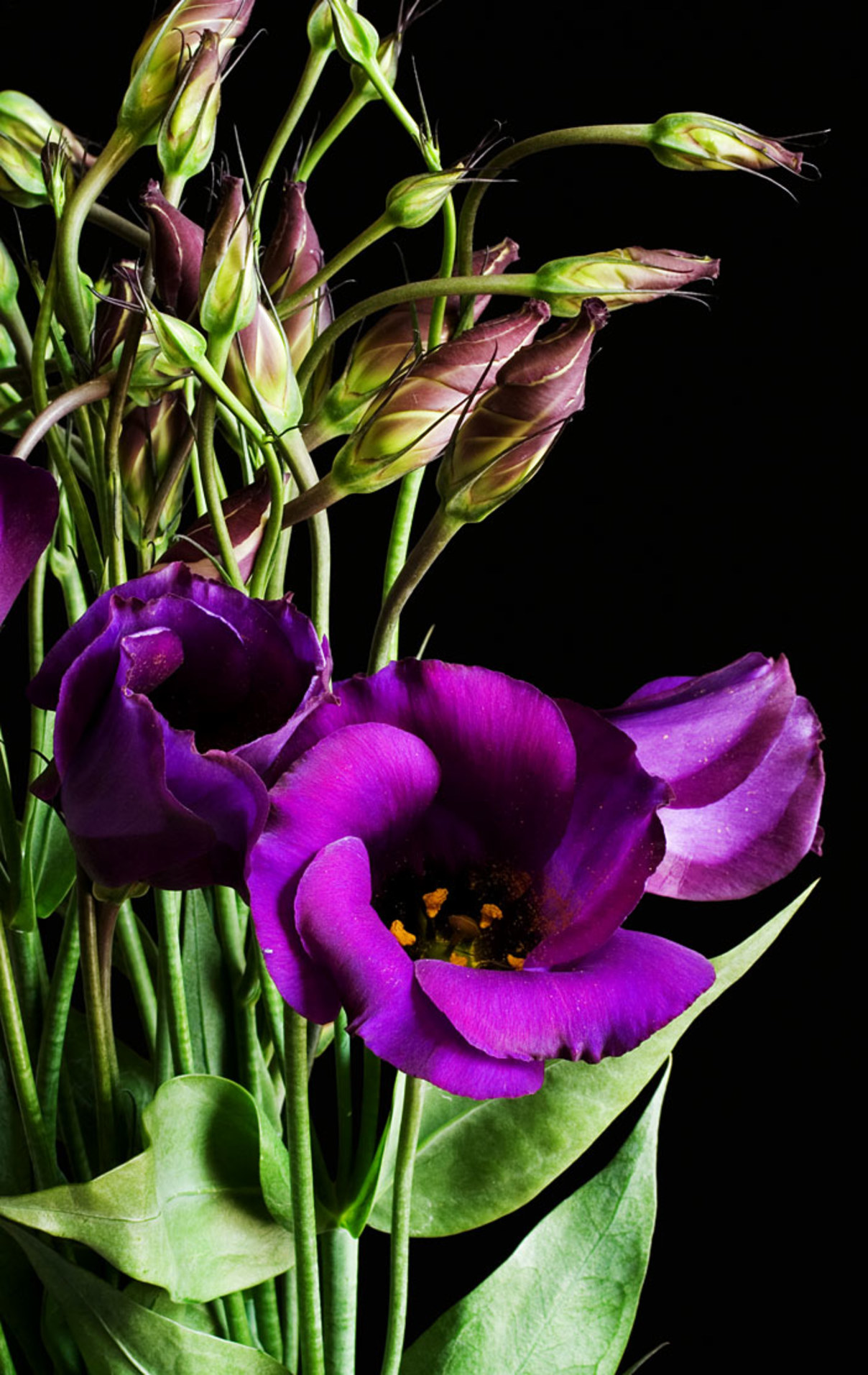
Prärieglockenblume Eustoma russellianum Beschreibung Steckbrief Systematik
Eustoma grandiflorum. blue field daisy. A single-stemmed or branching annual or biennial to 70cm tall, with slightly fleshy, glaucous, grey-green leaves. In summer, broadly bell-shaped, satin-textured, pale purple flowers, to 5cm across, are produced on long stalks, either singly or in clusters, from the upper leaf axils.

Eustoma Russellianum, TexasGlockenblumen, Lisianthus Stockfoto Bild
Eustoma russellianum is a species of flowering plant in the gentian family. One of its previous binomial names was Eustoma grandiflorum. [1] Common names include showy prairie gentian, prairie gentian, Texas bluebells, Texas bluebell, bluebell, [2] and Lisianthus . There is a cultivar, 'Bolero Deep Blue'. [3] Description